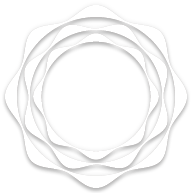Meet Abdul Rahman Katanani
Author Art Dubai

Born in 1983 in the Sabra and Shatila refugee camp in Lebanon, Abdul Rahman Katanani spent his childhood painting, using the realities of the Palestinian refugees’ everyday life in the camp as his subject matter. Over the years, Palestine became a metaphor for themes of hope, homeland, resilience and displacement – issues that are currently globally pertinent. In his work, and following a post graduate degree from the Lebanese University, Katanani has come to incorporate found objects from the camp such as bottle caps, rags and utensils, with corrugated iron and barbed wire – materials indigenous to the camp’s structure. Some of his more recent work include olive trees that are native to Palestine, rendered in barbed wire; as well as children made from corrugated iron flying kites formed from tin cans. Among his monumental pieces is a 200-kilogram tornado made from barbed wire and another of a gigantic wave, both of which serve as allegories for a void, political unrest and change. Katanani has completed residencies in France and has held solo and group shows in Beirut, Doha, Munich and Paris, among other cities. He is represented by Beirut’s Agial Art Gallery.
Art Dubai Portraits is a film series that provides a short perspective into the lives and workspaces of artists that are connected to the fair through its programming or participating galleries.


